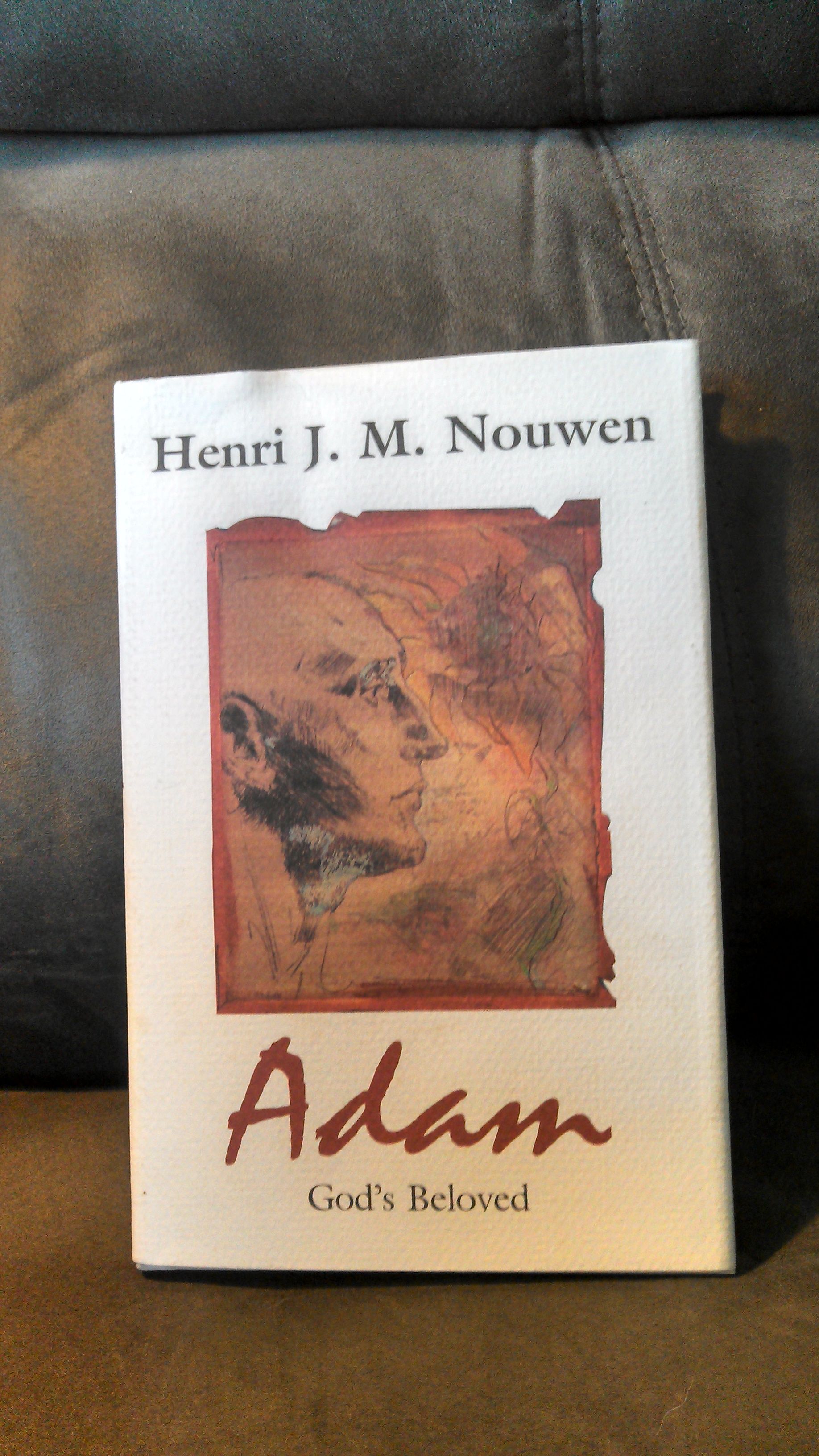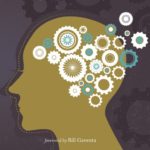Adam’s Way
August 12, 2013
Tags: disability, Henri Nouwen
 When I was in Toronto, I went on a field trip to visit the L’Arche community where Henri Nouwen spent the last decade of his life. He wrote a book called Adam: God’s Beloved about his experience working as Adam’s assistant. L’Arche communities are all across the world now.
When I was in Toronto, I went on a field trip to visit the L’Arche community where Henri Nouwen spent the last decade of his life. He wrote a book called Adam: God’s Beloved about his experience working as Adam’s assistant. L’Arche communities are all across the world now.
These communities began when Jean Vanier started the movement and communites are all across the world now. They are places where core members – people who have mental disabilities – live with their assistants sharing life together. It’s very different from a group home because, to quote Nouwen, “L’Arche is all about placing the weakest and most vulnerable persons in the center and looking for their unique gifts.” As Nouwen discovered, doing this allows people to look inside themselves and see their own vulnerabilities which folks often hide.
This Institute has pushed me to look at the term “disability” again. The Americans with Disabilities Act defines disability as “a physical or mental impairment that substantially limits one or more life activities….” I must say, I’ve been pretty ridged about this definition and have argued against the idea that everyone has a disability.
In fact I felt a jolt inside when Jeremy Schipper, one of the presenters at the Institute, made a similar comment. Schipper is Associate Professor of Hebrew Bible at Temple University, Pennsylvania, and an affiliated faculty member of the Institute on Disabilities there, made a statement implying all of us have disabilities “Wait a minute! Don’t try to co-opt the term!” However, I learned later he has a disability himself. Whenever I discover someone who has a disability who seems to be doing greater things than I, I feel inadequate. There is so much I can’t do and want to do, because of my TBI.
I realize this is the dilemma for many of us who value what we can do rather than who we are. I was confronted with this back in the 90’s by one of my neuropsychologists. It is still a growing edge for me and probably always will be.
For Nouwen, living at Daybreak pushed him to see himself as “God’s beloved son.” He wrote that even though he had left the university with its prestige, he still had satisfaction and admiration knowing that he was “helping the poor.” However this was taken away from him when he had to leave Daybreak to struggle internally with his demons.
From the little he wrote about the experience, it sounds like it was a mighty struggle. He didn’t want to be like Adam. He didn’t want to be vulnerable and needy. Somewhere, though, he “recognized that Adam’s way, the way of radical vulnerability, was also the way of Jesus.”
I think the word “vulnerability” can sometimes be used interchangeability with “honesty.” Many folks have said to me they appreciate my vulnerability but the truth is, I’m just being honest. People tend to think, perhaps rightly at times, that being honest about what we can or cannot do will cause us to lose our jobs or our loved ones. Most people who have a disability do not have this luxury.
This is one thing I believe folks with disabilities can teach others. We all have our vulnerabilities – some might call them disabilities – and the way of Jesus (Adam’s way) is to be radically vulnerable. All of us need to strive to follow this way.
Think about your own disabilities. Where are you vulnerable? How can you strive for Jesus’ way? I encourage you to share your thoughts here in the comment section.
